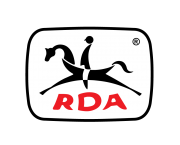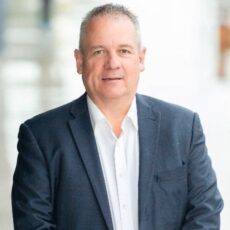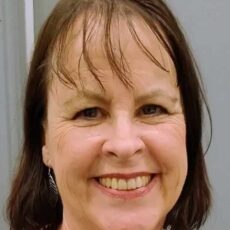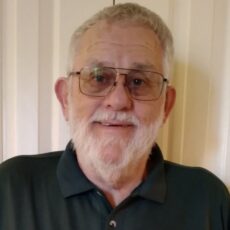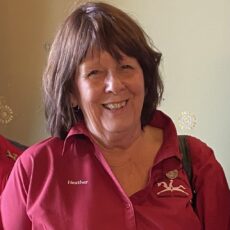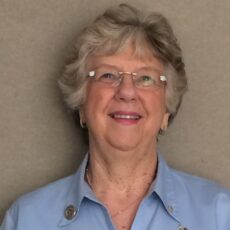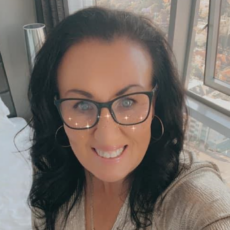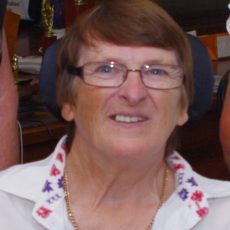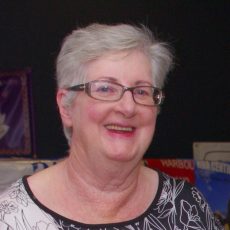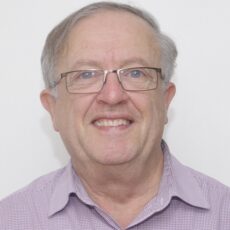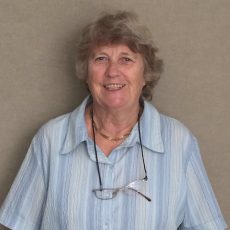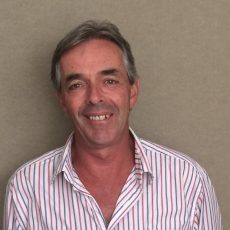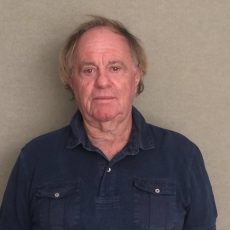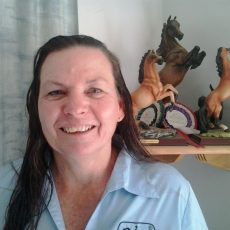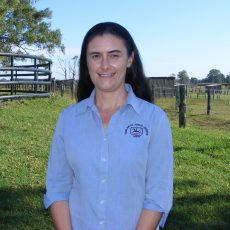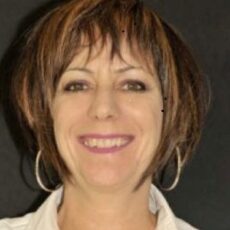The RDA (NSW) CASP oversees the training and assessment of Coaches who are qualified under the RDA (NSW) Registered Training Organization (RTO) in specific disciplines. Their training includes horse mastership, safety, and medical knowledge, First Aid, coaching, selection and training of horses. Coaches receive certificates based on their level of training such as Assistant Coach, Coach, Senior Coach or Assessor. First Aid qualifications are updated every three years, whilst Coaching qualifications must be maintained by regular attendance at workshops and ongoing education and renewed every four years.
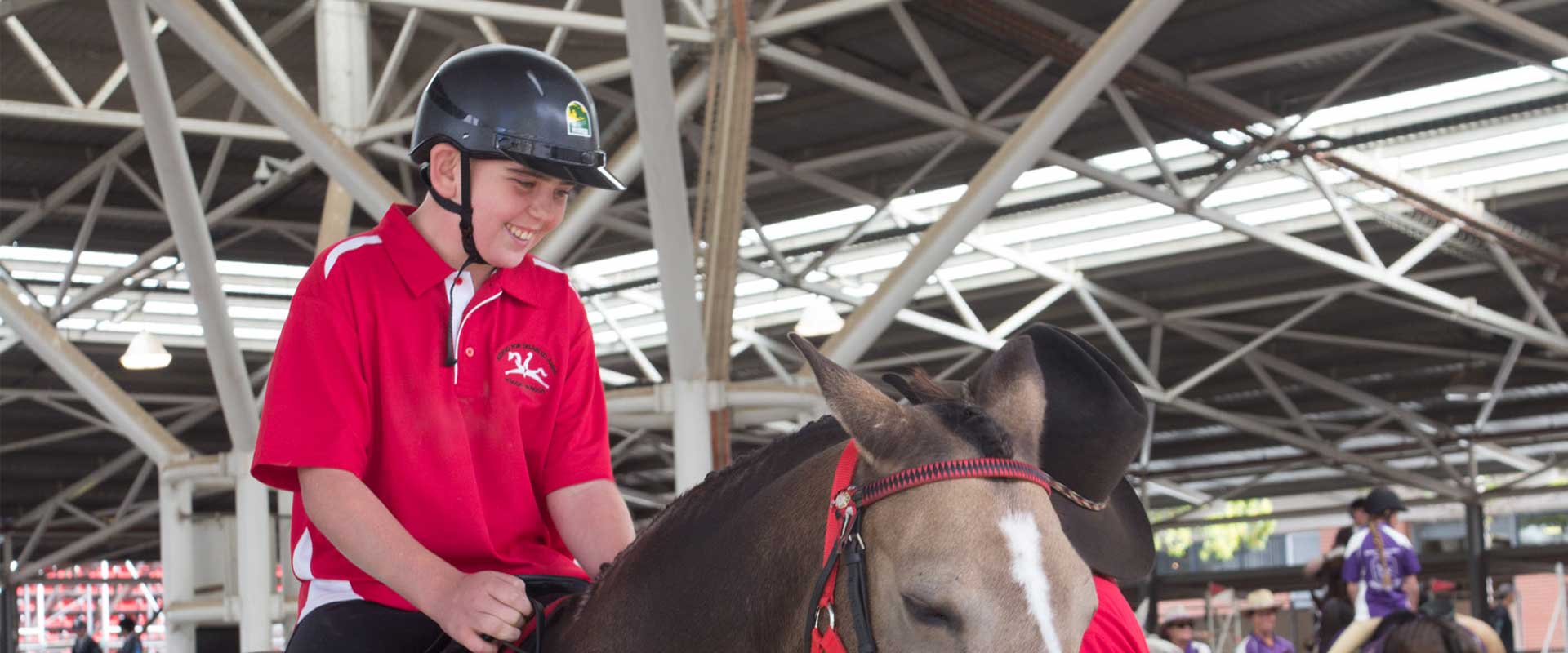
About RDA (NSW)
The primary objective of Riding for the Disabled Association (NSW) is to provide most people with a disability, the opportunity to ride and enjoy all the activities connected with horse riding. Riding for people with a disability is both therapeutic and recreational and RDA (NSW) is in fact one of the few organisations who offer a multi-diagnostic service, catering for people with a wide range of disabilities.
The objectives of RDA (NSW) are to encourage, support and assist Centre’s to provide riding therapy, sport, recreation, training and safety programs for people with disabilities. RDA (NSW) programs in horse riding, carriage driving, dressage, Hippotherapy and EFMAH&L cater for people with all kinds of disabilities.
Horse riding is a unique form of exercise and rehabilitation. The complex movement of the horse helps to improve coordination, balance, muscular development and fitness. Horse riding and horse related activities assist greatly and often dramatically in the development and restoration of personal confidence, self esteem, communication skills, leadership and trust. For people with challenging behavior for example horses offer a powerful medium for restoring a sense of personal control, which significantly improves behavior towards family teachers and friends.
All RDA (NSW) programs are operated in line with the NSW Disability Services Standards. To view the Standards click here
RDA(NSW) is committed to protecting the privacy of its volunteers and clientele and implements the National Privacy Act (amended) 2012. To view the RDA (NSW) Privacy Policy click here
RDA (NSW) Coaches
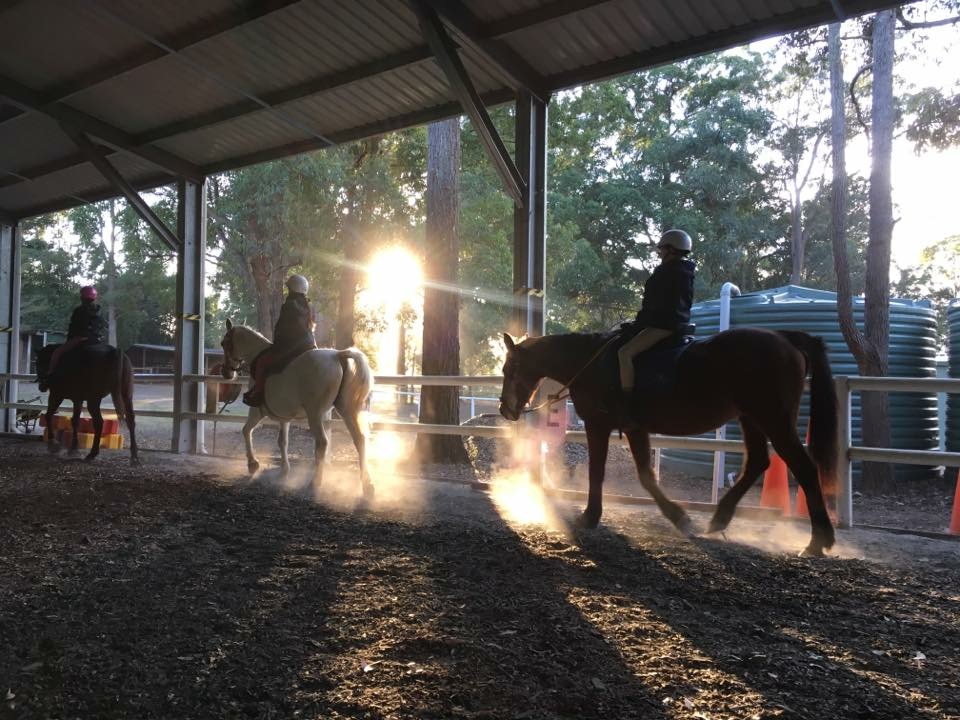
RDA History
The philosophy of using horses for the therapy of people with a disability is not new. The Greeks used horses for rehabilitating wounded soldiers in the fifth century BC and indeed throughout history, riding has been prescribed as a means of improving the mental and physical well-being of people with disabilities. In this century therapeutic riding was recognized by Dame Agnes Hunt, who established the first orthopedic hospital in the United Kingdom. Dame Agnes Hunt understood the real need for laughter and companionship in the recovery of health, and the importance of horses and riding for her patients. Her work was followed up with soldiers who had been disabled during both world wars and many hospitals deliberately encouraged riding as a means of therapy.
At the 1952 Helsinki Olympic Games, Madame Liz Hartel, a Danish polio victim, who was normally confined to a wheelchair, left her chair for her horse’s back and then proceeded to win a silver medal in the dressage event. This achievement naturally received worldwide attention, focusing on the fact that “It is ability that counts, not disability”. Her courage and achievement gave encouragement to many people.
Following the Games, Riding for the Disabled groups began springing up in countries throughout the western world. The first Australian group was started in 1964 by Mr and Mrs Peter McIntyre who, with the help of a few friends, started to give riding therapy to people with disabilities by inviting them to their property just outside Brisbane. South Australia commenced operation in 1970 and was followed by Victoria in 1971. In 1972 Mrs Pearl Batchelor, a riding school instructor, and Mrs Nan Everingham, a physiotherapist, founded the New South Wales branch. Western Australia, Canberra and Tasmania all started in the following years.
RDA (NSW) History
Riding for the Disabled Association (NSW) was formed after Pearl Batchelor AOM visited Riding for the Disabled Association in England in the early 1970s. With the combined interest and commitment of Pearl Batchelor and Nan Everingham the inaugural meeting was held on 23 October 1972. Lessons were held at Pearl Batchelor’s property Tall Timbers at West Pennant Hills. Riders from Northcott School Parramatta and Crowle Home were the first to participate.
In 1975 at Expo 75 the Australian Council for RDA was formed and RDA (NSW) hosted the first ACRDA conference with Michael Field the coordinator and administrator. Following this Daphne Pagnamenta from RDA UK accredited centres Tall Timbers, Throsby Park, Samurai Park and Hunters Riding Lodge.
RDA (NSW) now comprises of 35 RDA Centre’s. RDA (NSW) is a registered charity run predominantly by volunteers. RDA (NSW) became an incorporated company in 1981. Centre’s are the members of this body. Each centre pays an annual affiliation fee to RDA (NSW).
Recipe for RDA – take Riders and Volunteers,
mix in Horses, and the result is… Magic!
RDA (NSW) Riders
Riders are accepted from all disability groups, cultural and religious backgrounds and are assessed prior to commencing riding so that a suitable individual program can be developed for each rider. Some riders with are assisted initially by up to two trained helpers and a leader however. Many graduate to riding independently and some to competition level. To be accepted into a program rider must be assessed as being able to safely, receive a benefit.
With the help of RDA, many can enjoy riding that provides a significant aid in treatment and rehabilitation. Riders must have a doctor’s certificate before being accepted into the program and this will need to be updated on a regular basis.
Disabilities are varied and we prefer to focus on ability, not disability. Riders may come in groups from schools, hospitals and hostels or as individuals…
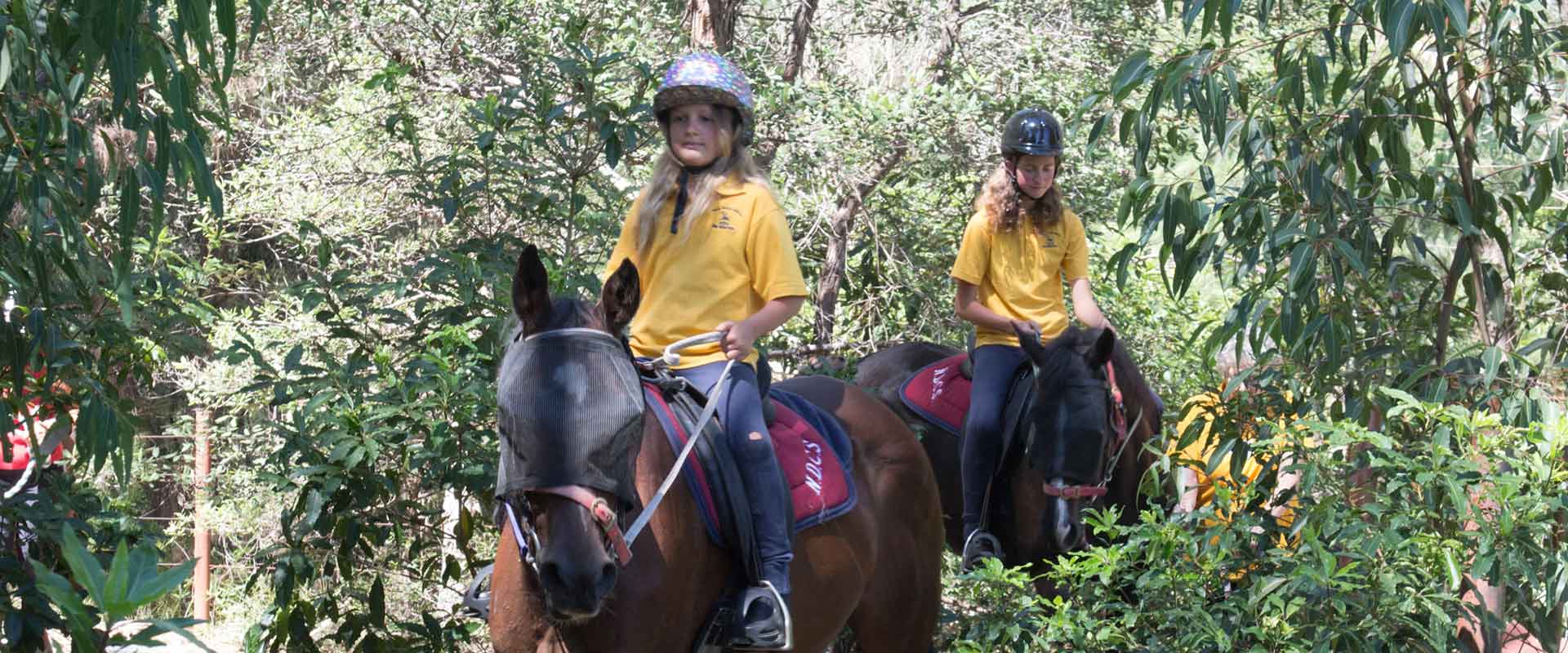
Meet the team…
The Board comprises 8 directors elected by the RDA NSW Centres.
The state of NSW has been divided into 9 regions, each of which is represented by a regional representative.
The State Council is made up of the 8 directors and the 9 regional representatives.
All members of State Council are volunteers.
